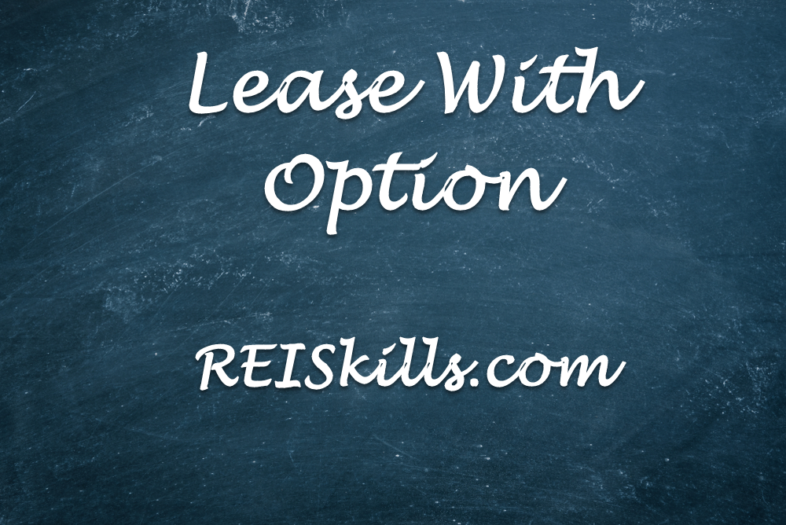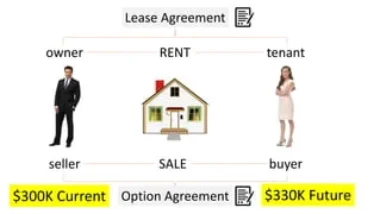Selling on lease with option
compare renting the property out to attend as a landlord, and showing the property on a lease option
Sure, let’s compare the two scenarios:
Renting the Property Out
- Landlord Role: As a landlord, you retain ownership of the property and rent it out to tenants.
- Income: You receive regular rental income.
- Responsibilities: You are responsible for maintenance, repairs, property taxes, and insurance.
- Lease Terms: Typically fixed-term leases (e.g., 1 year) or month-to-month arrangements.
- Tenant Rights: Tenants do not have an option to purchase the property; they only have the right to live in it during the lease term.
- Flexibility: You can terminate the lease or increase rent as allowed by local laws once the lease term is over.
Lease Option
- Landlord Role: Similar to renting, but with an additional component.
- Income: You receive regular lease payments plus an option fee from the tenant for the right to purchase the property at a later date.
- Responsibilities: You are still responsible for maintenance, repairs, property taxes, and insurance, though sometimes tenants in lease option agreements may take on some responsibilities to prepare for potential ownership.
- Lease Terms: The lease includes an option to purchase the property at a specified price within a certain timeframe.
- Tenant Rights: Tenants have the right, but not the obligation, to purchase the property. If they choose not to, they forfeit the option fee.
- Flexibility: Provides a potential exit strategy if the tenant decides to buy the property, potentially reducing the hassle of selling on the open market.
Summary
- Income: Renting provides stable income, while lease options might offer additional income through option fees and potentially lead to a sale.
- Responsibilities: Both scenarios involve landlord responsibilities, but lease options might shift some maintenance tasks to the tenant.
- Tenant Relationship: Lease options align tenant interests with property care, as they might become owners.
- Flexibility: Lease options offer more flexibility for a future sale.
Ultimately, the choice depends on your goals as a property owner—whether you’re seeking stable rental income or exploring a potential sale down the line.
See Also Sandwich Lease Option



